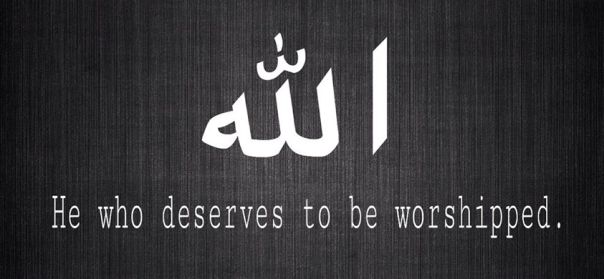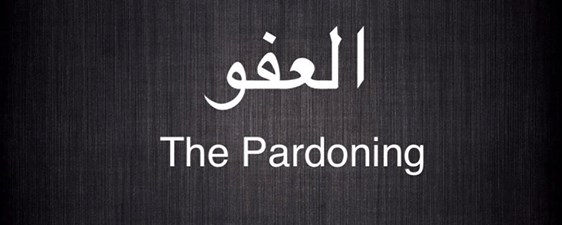
Name Found In The Qur’an:
“All praises and thanks be to Allah, the Lord of the Worlds.” (Qur’an 1:2)
“Indeed, Allah is over all things competant.” (Qur’an 2:20)
“That is Allah, your Lord; there is no deity except Him, the Creator of all things, so worship Him. And He is Disposer of all things.” (Qur’an 6:102)
Tafseer:
In the Qur’an, Allah defines Himself as:
“He is Allah, other than whom there is no deity, Knower of the unseen and the witnessed. He is the Entirely Merciful, the Especially Merciful. He is Allah, other than whom there is no deity, the Sovereign, the Pure, the Perfection, the Bestower of Faith, the Overseer, the Exalted in Might, the Compeller, the Superior. Exalted Is Allah above whatever they associate with Him. He is Allah, the Creator, the Inventor, the Fashioner; to Him belong the best names. Whatever is in the heavens and earth is exalting Him. And He is the Exalted in Might, the Wise.” (Qur’an 59: 22-24)
At-Tabari said in his tafsir:
“The interpretation of Allah is, according to the meaning narrated to us from Abdullah ibn Abbas: He is the One Whom everything takes as its god, Whom all creatures worship. Allah is He Who possesses the attributes of divinity and of being worshipped with respect to all His creatures.”
In al-Qurtubi’s tafsir, we gather the following points.
- Nothing else has this name. It is not found in male or female form.
- Some scholars say this is His greatest and most complete name.
- It further has three meanings. The One who deserves to be worshipped, the One whose existence is a must, and the Unique One.
In Our Daily Lives:
- Knowing that He is the Only Deity worthy of worship should inspire us as Muslims to direct all our hopes, dreams, prayers and intentions towards Allah.
- There is no sense in worshipping anything else since they can neither hear nor accept our supplications.
- Allah alone can answer our prayers, and give us relief from our hardships,
- He Alone deserves our gratitude and devotion.
Supplications:
Reported by Abu Usayd: The Messenger of Allah (SAW) said, “When any one of you enters the masjid, he should say “O Allah! Open for me the door of Your mercy; when he steps out, he should say, ‘O Allah! I beg from You Your Grace.” (Muslim)
“O Allah! Grant me an easy reckoning.” (Ahmad. Declared authentic)
“O Allah! I ask of You guidance, piety and chastity and to be free of depending upon anyone (except You).” (Muslim)
The Messenger of Allah said, “If any amongst you makes a perfect ablution, then supplicates, ‘O Allah! Make me among those who turn to You in repentance, and make me among those who are purified.” Allah opens unto him the eight gates of the Garden (Paradise), that he may enter at which he chooses.” (Abu Dawud and at-Tirmidhi)






